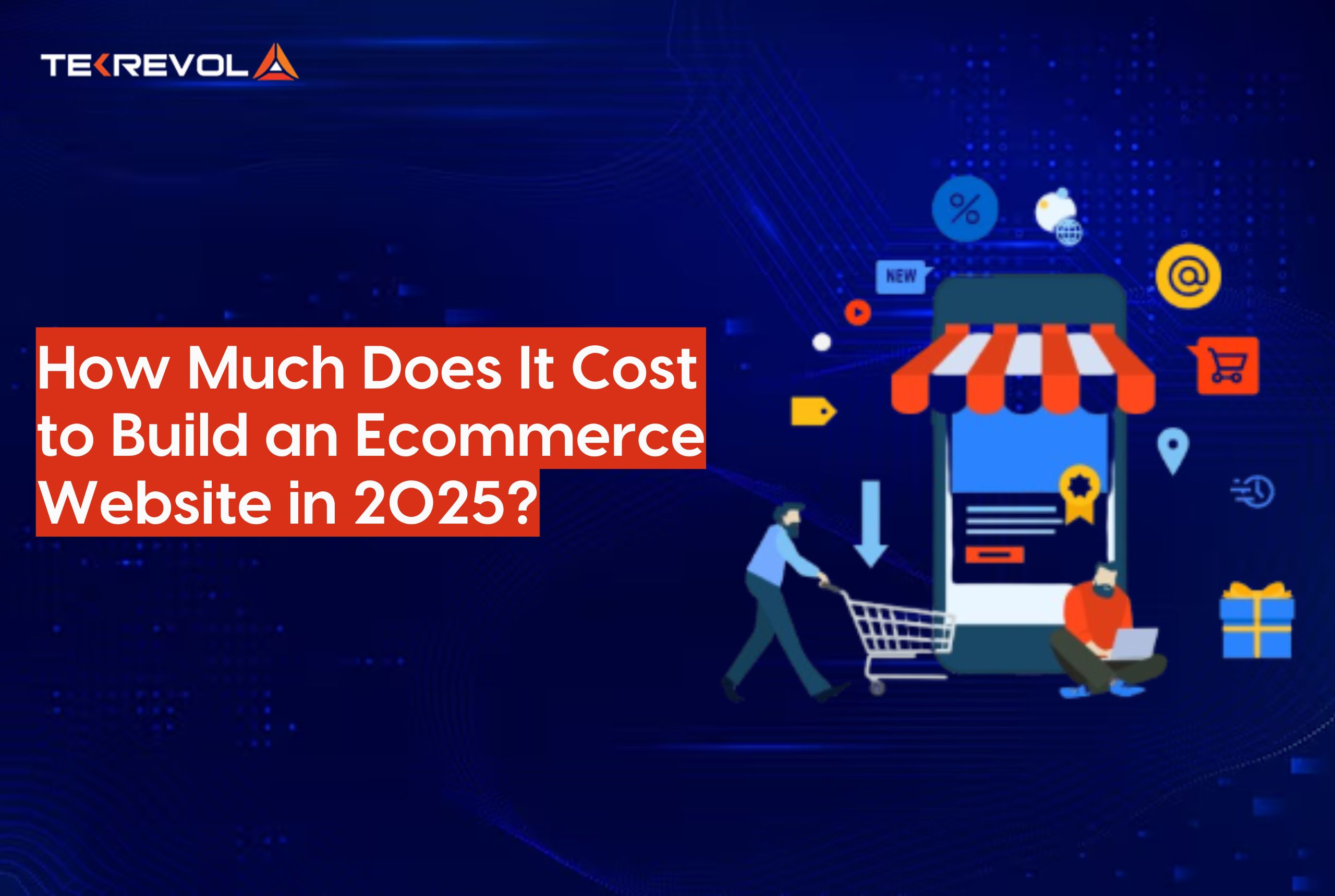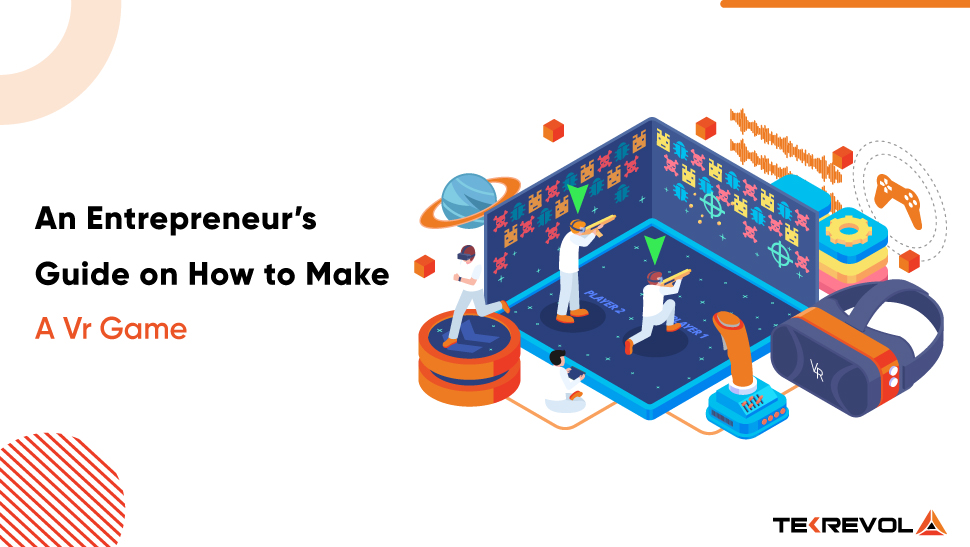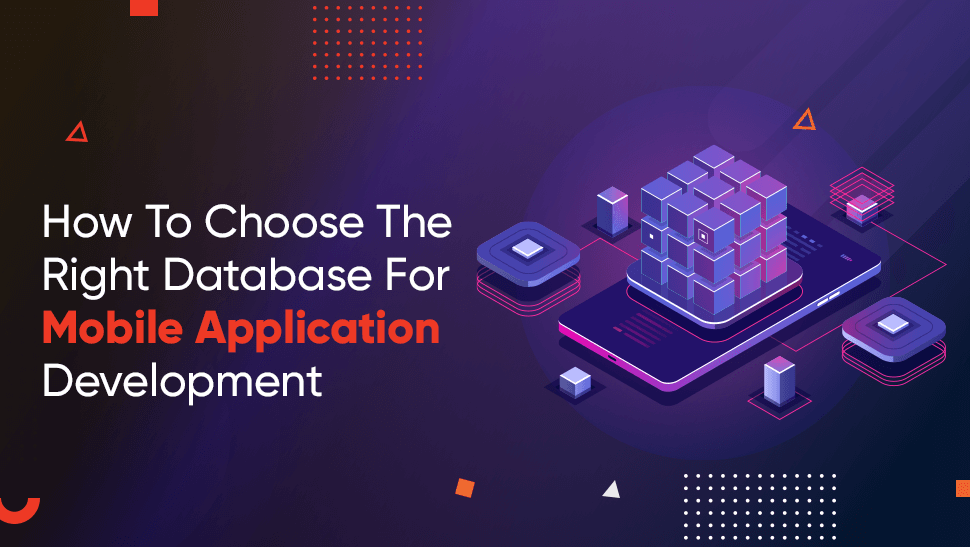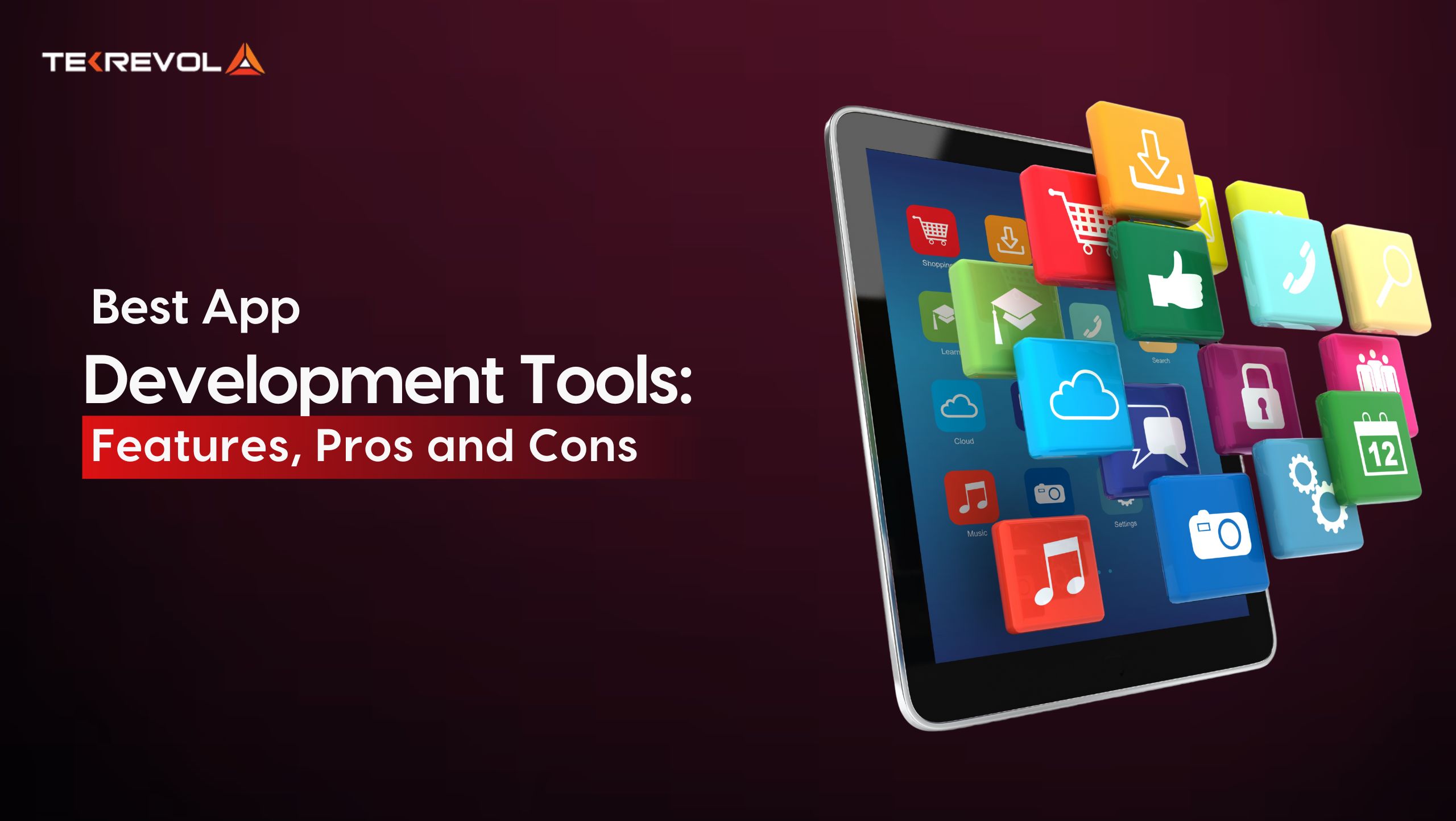Thinking about starting your own eCommerce website in 2025? That’s awesome! But before you dive into the design and development, let’s discuss the big question: How much will it cost to bring your digital dream to life?
Let’s face it: pinning down an exact number is as tricky as catching smoke. The ecommerce website cost can shift drastically based on various factors. The typical cost for an eCommerce website falls between $10,000 and $250,000, influenced by the scale of the project, level of customization, and advanced features necessary for your business.
The ecommerce industry is booming like never before—global online sales are expected to hit $4.3 trillion by 2025 (Statista).
In this guide, we’ll break down the real ecommerce website design price, from DIY builders to high-end development, helping you budget smartly for an ecommerce site that delivers ROI.
- Wondering What Your Ecommerce Website Will Cost?
- Use our easy cost calculator to get an instant estimate for your project!
Breaking Down the Costs of Building a Website in 2025
Creating a truly operative and secure ecommerce website entails more than just a matter of putting a few pages up online. From domain name registration to payment gateways, each feature contributes to the performance, credibility, and user experience of your website, all of which go toward your final cost.
To help you with a sound budget, we have listed the essential elements that greatly impact the overall cost of an e-commerce website in 2025.
Note: The numbers given here represent the average price from the top providers in January 2025 and are going to be different by the time you read this.
Domain Name
Your domain name is your website’s unique identifier in the world of the internet (for instance, www.yourbusiness.com). It is important for branding and general discoverability or credibility.
Domain name registration will generally cost between $10 to $50 per year on average. The actual price will depend on the chosen extension (.com, .net, .store, etc.) and the availability of your desired domain name, especially if it is highly coveted.
More likely, if you wish to go with a more specialized or memorable name, it could drive the price up, depending primarily on whether the keywords are in demand or not.
- Common Cost: $10-$20 yearly
- Discounts and offers: Sometimes this price can be as low as 1 a year for new customers.
- Total for 10-year registration: $50-$150
Popular Providers & Prices:
| Provider | Domain Price |
| Godaddy | $21.99 a year with first-year offer: $1.09 with 3-year plan |
| Namecheap | $14.98 a year; $74.90 for 5 years; promos as low as $6.49 |
| Google Domains | Flat Fee, $12 a year |
Tip: Lock in your domain for many years or buy an aged domain to add lasting strength to your SEO.
Hosting
While hosting is the dark engine room of your ecommerce realm, it simply stores your data and ensures users get to see your website every minute of the day. Its price range varies widely depending on size, traffic expected, and performance needed.
Hosting options:
- Ecommerce Platform Hosting: These are services included in SaaS platforms (Shopify, Wix, Squarespace), usually starting at USD 15–30/month
- Shared hosting: USD 5–10/month; budget-friendly but limited in performance.
- VPS hosting: USD 5–35/month; it is scalable, plus it offers better speed and control
- Dedicated hosting: USD 50–200+/month; best for larger stores needing full control of the server
- Cloud hosting: Pay-as-you-go; billing based on traffic and usage.
Note: Choose a company providing at least 99.9% uptime and great support; even security features like backup or malware scanning would be fantastic. Some of the popular hosting services include Hostinger, GoDaddy, Digital Ocean, and Kinsta.
SSL Certificate
It encrypts user data and makes a secure transaction obligation for any ecommerce store.
Types of SSL Certificates:
- Standard SSL: US$ 10-50/year; Secure a single domain.
- Wildcard SSL: US$ 40-100+/year; Secure a domain with an accompanying subdomain.
- Extended Validation (EV): US$ 60-300/year; A verified business name appears right on the browser bar.
Tip: Several hosting plans already offer free SSL. If one does not come bundled to you, you may purchase a stand-alone option through Comodo or DigiCert. Your value will be further enhanced if you go for a long-term SSL plan (five years and above).
Design
The design is where your ecommerce site will come to life in terms of the appearance, feel, usability, and responsiveness of the site. A well-designed ecommerce site not only looks good but also drives sales and engagement.
The design of your website is its most important aspect in creating a smooth user experience and laying down your brand. Various approaches can be taken toward design, each with different costs.
Options include:
Pre-made Themes
- Free to USD 100+/ThemeForest, Shopify Theme.
- Premium Themes: USD 100-500
Custom Development:
- Freelancing: USD 75/hour
- Full builds generally range from USD 500 to 5,000+
Functionality and Features
The complexity of website features stands as one of the largest cost drivers in developing a website. A basic site with a handful of pages may not demand too many advanced features, but if you consider building an e-commerce site with more functionalities like booking systems, custom forms, membership features, or integration with third-party services, cost prospects can go really high.
Just an online store, including a product listing, shopping cart, and secure payment processing, can cost $5,000 to $15,000, depending on the hosting platform and the distance of customization involved.
More complex alternative systems like a custom booking platform or interactive customer portal could quickly elevate development costs to encompass anything from $20,000 to $50,000 for large, high-end websites.
Branding
Branding is the establishment of the looks and feels of your e-commerce business. It consists of everything, such as logos, colors, type of font, and messages.
DIY vs Professional Help:
DIY/In-House:
- Logo Makers (Tailor Brands, Looka): $4-100+
- Design Tools (Canva, Illustrator): $20-100/month
- Template Assets (Creative Market): $2-500
- Estimate Total: $100-1,000+
Freelancers:
- $100-$150/hour
- Full Branding: $1,500-$20,000
- Branding Agencies:
- $5,000-$80,000 for an end-to-end brand strategy and creative work
Pro Tip: An early investment in solid branding makes marketing more straightforward and effective later.
Maintenance
When it comes to web maintenance, one certainly cannot stop when the site is launched. The schedule is normal in the following areas: software updates, security patches, updating contents, troubleshooting, etc.
Different maintenance activities are charged differently on variables such as frequency and scope of activities.
For instance, a simple non-maintenance site would run maintenance costs of about $10 to $50 a month, while complex, more frequent sites would translate into costs of $100 to $500 a month.
For businesses that depend on their sites, like an eCommerce place, ongoing maintenance spending becomes crucial so that failure, breach, or performance problems do not develop.
- Ready to Build Your e-commerce website?
- We help you plan a cost-effective solution with a custom ecommerce site tailored to your goals.
Ecommerce Software and Plugins: Unlocking Advanced Store Features
Once you have built your site and put up payment systems, it is time to start adding functionalities on top of its base feature set by adding software and plugins. The plugin can add functionality that is not available on the basic platform, such as advanced product filtering, email automation, abandoned-cart recovery, inventory sync, and multi-currency compatibility.
1. Pre-packaged Plugins (Perfect for Beginners and Small Stores)
If you’re using platforms like Shopify, WooCommerce, or BigCommerce, you’ll find thousands of apps in their marketplaces. These are ready-to-use solutions—no coding is required.
- Price Range: Free to USD 200 (one-time or monthly subscriptions).
You can also visit third-party sites like CodeCanyon and find even more third-party plugins.
2. Customizing Integrations for Medium-Sized Stores
Mid-sized companies most frequently require added tweaks or specific configurations that exceed the plugin’s standard feature set. You might need a developer to integrate or customize features.
- Freelancer rates: USD 15 – 30/hour
- Typical total price: USD 2,000 – 2,500 for more advanced setups
3. Enterprise Level Integrations (For Big Companies)
Large e-commerce businesses might require a completely custom plugin development, considering the nature of high-volume transactions, complex workflows, or when they need to integrate with the ERP or CRM system.
Such plugins may even be developed in-house or outsourced to a professional ecommerce app development company.
The estimated cost goes from USD 500 up to USD 10,000 and more, depending on what the plugin is.
Bonus Tip: Before diving into custom development, work out the specific features your business needs. Sometimes, a combination of existing plugins and slight customizations can save thousands without sacrificing performance.
How Much Does a Website Cost? Comparing DIY, Freelance, and Agency Options
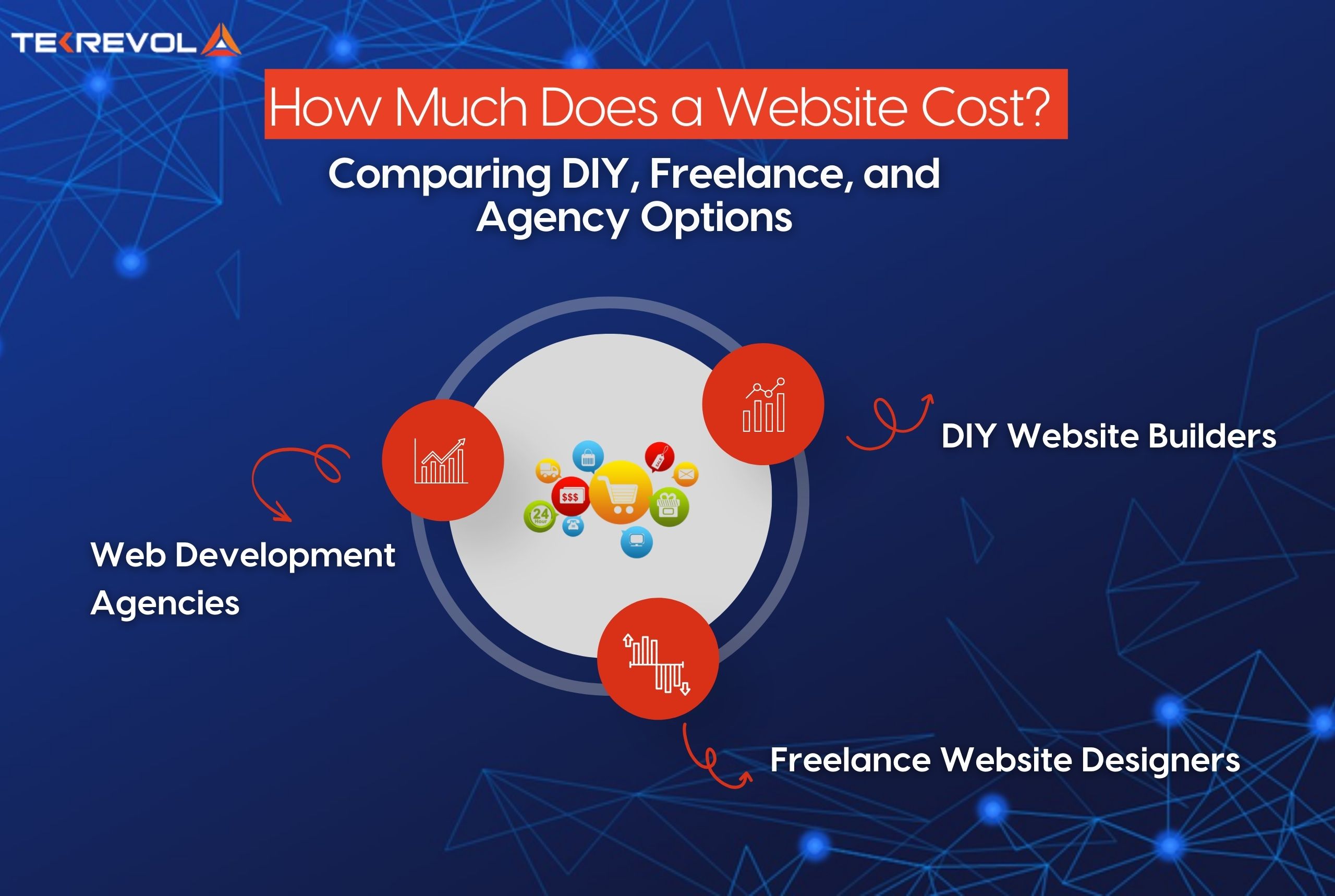
Make sure you are prepared for what it is going to cost you to either create your own website, hire a freelance web designer, or get partnered with a professional web agency. Read on to discover whether DIY website builders, such as Wix, Squarespace, and WordPress.com, work best for your business:
DIY Website Builders
Cost: $10-$40 per month (most of the time includes hosting).
DIY website builders such as Wix, Squarespace, and WordPress.com help small business owners build their own websites without any coding skills. Such web hosts offer drag-and-drop editors and a series of pre-built templates, which make it possible to launch a website quickly and inexpensively.
Features:
- Access to numerous templates that cater to different industries.
- Built-in tools such as blog integration, contact forms, and e-commerce offerings.
- Extra charges through add-ons for advanced capabilities (SEO tools, analytics, and third-party integrations).
Best For:
- Small business or startup under budget.
- People who want a straight and simple website with minimal customization.
- Those willing to invest some time to learn the platform so they can build a working site.
Unfortunately, while this option makes things easier and cheaper, it often tends to be very limited in customization and scalability.
Freelance Website Designers
Expense: From $500 to $5,000, based on the complexity of the project involved.
The freelance web designer would be able to provide you cost-cutting along with personalization options. They can add basic features like personalized forms, basic e-commerce, and improved user experiences and almost always have experience designing unique designs that are most suited for your company.
Features:
- Custom-made web design for securing your identity.
- Professional-looking layouts, good-looking and typical.
- Some minor additions such as contact forms, primitive e-commerce systems, or booking features.
Best For:
- Those companies need a different design without any complex or expensive function requirements.
- Companies looking for a more professional, personalized website but on a lower budget.
- Businessmen who are not ready for a big-time website building but want something better than a DIY template.
Freelancers are best if you want an individualized appearance and feel at pocket-friendly prices but don’t require an advanced feature or long-term support.
3. Web Development Agencies
Cost: $3,000 to $50,000+, based on the requirements and features within.
These agencies offer a custom web development design with the ultimate functionality and support. The services offered are typically the whole package, covering everything from design and development to later maintenance. The features advanced web development can impose range from operational e-commerce systems, custom membership portals, integration with third-party tools, and everything else you can think of.
Features:
- A fully custom design for websites that suit your business needs and goals.
- Advanced functionalities like e-commerce, booking systems, membership areas, or complex integrations.
- Continuous assistance with any troubleshooting, updates, or scaling with your growing business.
Best For:
- For businesses, including e-commerce stores, membership portals, or custom web applications, with a complex requirement.
- Companies with bigger budgets, requiring ongoing support, higher-end designs, and functionalities.
- Branding firms wanting a polished, professional online presence that is seamlessly integrated and scalable for the long run.
For businesses needing tailored solutions, advanced features, and continuous support, partnering with a web agency is a strategic choice—even if it comes with a higher upfront cost.
Hidden and Ongoing eCommerce Website Costs to Plan For
New eCommerce owners generally track their initial costs yet forget to forecast long-term expenses that emerge after their website goes live. The repeated expenses have a long-term impact on your budget plan when you fail to anticipate them during initial planning.
Pay attention to the following key factors:
Website Maintenance and Software Updates
Every website depends on routine maintenance which involves plugin updates as well as security patch distribution and bug repair work. A variety of small revisions accumulate expenses and utilization over months. Working with developers or agencies leads to continuous maintenance expenses unless the developer includes maintenance in a separate package.
Redesigns and UX Improvements
The website design you feel great about when launching your site could change when you start gathering data about user behavior. Your understanding of customer behavior might reveal the need to adjust both the layout structure and user journey.
Growth and conversion rate optimization require redesigns or UX improvements, which involve both minor adjustments and complete overhauls but entail additional expenses.
Customer Support and Technical Assistance
Support services following the product deployment frequently cause additional expenses to accumulate. The provision of troubleshooting assistance alongside platform bug resolution and new tool training for staff members to staff members is typically absent from standard development contract terms. It is essential to verify which support services your developer provides, together with their pricing information.
Tip: An eCommerce store that collects personal data or uses cookies must likely implement both a cookie consent banner and a compliant privacy policy. Developing such features requires legal consultation and sometimes includes work from third-party tools alongside potential custom development.
Marketing Your Ecommerce Website: A Strategic Launch Plan
So now that your e-commerce website is almost all set for launch, here comes the need for preparing it for a complete marketing plan. Marketing does not end when you stage the launch. It should have started early, creating anticipation and capturing leads that ensure your store makes a grand entrance to the market.
At our agency, marketing is integrated into a web development project. Prelaunch campaigns followed seamlessly by post-launch promotions work in building brand awareness and sustaining long-term growth.
| Phase | Strategy | Details | Estimated Cost |
| Pre-launch | PPC Advertising | Run paid ads to generate traffic and build awareness before launch. | $100 – $10,000/month
Avg. CPC: $4.22 |
| Influencer Marketing | Partner with influencers to reach relevant audiences and build credibility | – Nano (1k–10k followers): $10–$100/post
– Mega (500k+): $10,000+ |
|
| Press Releases | Distribute launch announcements through media and PR channels. | $150 – $1,000 (freelancer)
$500 – $2,500 (expert PR writer) |
|
| Post-Launch | SEO (Search Engine Optimization) | Improve visibility in search engines to attract long-term organic traffic. | $100 – $250/hour
Avg. $2,500 – $3,000/month |
| Social Media Marketing | Engage users on platforms like Facebook, Instagram, or TikTok with targeted content and ads. | $500 – $10,000/month (varies by scope) | |
| Lead Conversion & Retention | CRM (Customer Relationship Management) | Manage leads, automate follow-ups, and track customer behavior. | $10 – $30/user/month (small biz) |
| Email Marketing | Send personalized emails to leads and customers for engagement and retention. | Small biz: $10 – $500/month
– Mid-size: $250 – $1,200/month – Enterprise: $5,000 – $15,000/month |
How to Reduce eCommerce Website Costs Without Compromising Quality?
Cost control in eCommerce starts with smart decision-making right from the beginning. Here are a few practical ideas that you should implement to continue saving but still build performance in your online stores:
1. Choose the Right Platform
Make the right selection from an eCommerce platform suitable to meet your present demands that also offers integrated features like payments, shipping, and inventory. This prevents incurring extra costs for third-party services. Pre-made templates save design expenses without impeding professionalism.
2. Go Open-Source If You Are Tight on a Budget
Use a free platform such as WooCommerce and download low-cost plugins to enhance service. These are perfect for small companies shopping for flexibility without paying upfront.
3. Use Inexpensive Alternative Tools
There are plenty of free or cheap poisons to help shape your marketing and operations. For example, Google Analytics for performance tracking and Yoast or RankMath for SEO.
4. Invest in Migration-Friendly Platforms for Future Scalability
Look for solutions that allow easy migration of information so that in case you want to scale or even change your platform later, time and money will be saved.
5. Assess the Spends
Conduct regular checks on how the money is spent. Cancel subscriptions that are not in use as well as look for alternatives that do provide value for money to stay in budget and yet retain performance.
Wrapping Up
Constructing an ecommerce website demands an enormous investment – financially as well as in terms of time. To differ from others, analyze the sites of your competitors, their weaknesses, and build up something much stronger. If web development is not your expertise, get an experienced agency to do it right.
The ecommerce development company you go for will not only affect the prices of your website but also affect its functionality, design, and even future success. Working with a team that is actually above-board, has an actual address and keeps customers viewable through the whole process, from planning and development to post-launch customer support.
At TekRevol, we consider ourselves as more than mere web developers; we are a full-scale digital agency with a dedicated team of award-winning designers, developers, and strategists who have served to deliver well-functioning ecommerce sites for various industries.
Our portfolio of high-performing websites created for different spaces- from fashion and lifestyle brands to high-tech startups and B2B platforms- present great excellence in creativity, innovation, and an intricate understanding of how online benefits are accrued.
- Need a seamless and scalable ecommerce website?
- We help you create a digital presence that supports growth and enhances user experience.

 52 Views
52 Views April 18, 2025
April 18, 2025